How to treat enlarged spleen? How to cure enlarged spleen?
The Spleen
New functions of the spleen are still being discovered. This fist sized organ is situated high up under the left ribs in direct contact with the stomach, diaphragm, intestine and kidney. The spleen serves as an internal reservoir for blood, and this stored blood can be squeezed out into the general circulation in stress situations. It normally destroys the red blood cell corpuscles that have attained maturity.The diseases of the spleen with which the surgeon is concerned are new growths and excessive and erratic activity of the spleen that destroys too many blood elements. The spleen is a nonessential organ, and one can live normally without it. It is probable that more spleens are removed because they are injured or because they lie close to tumors in adjacent structures than because they are intrinsically diseased. Only certain specific blood disorders are improved by removal of the spleen.
Does removal of the spleen have a bad effect on any other system?
The removal of the normal or diseased spleen has no basic influence on other organs in the sense of making them worse than they were before.Does removal of the spleen prevent cancer?
No. Cancer limited to the spleen is rare, so much so that many people think that the spleen has something that renders it relatively immune to cancer.Can a young person live a normal life and have a normal life span if the spleen is removed because of an injury?
Yes.What do you mean by the spleen is "too active"?
Blood contains red corpuscles that carry oxygen, white corpuscles that fight infection, and little cells, called platelets, that aid in the clotting and healing process. Each of these elements has a certain life span. If the spleen is too active, it destroys any or all of these cells too early and/or in too great numbers. The person is then deprived of the beneficial function of these cells and becomes sick from too much spleen called hypersplenism.Can you take out just part of the spleen and leave the rest?
This isn't done because it would ordinarily serve no useful purpose. There is no advantage to retaining any part of the diseased spleen.Does removal of the spleen cure the blood disease that comes from too much spleen activity?
If the destructive agent is only in the spleen, then the condition is usually cured. Certain specific anemias and diseases characterized by easy bruising can be cured in this way. We have to be sure in advance that the same disease doesn't come from the toxic effect of a drug or of other diseased organs.Some generalized diseases have hypersplenism as only one aspect of the total disease. A splenectomy here will improve the situation for the time being but may not affect the primary disease process.
How can you tell that it's the spleen that is the trouble?
From what you say, if the spleen isn't the cause, removing it will do no good.That's right. The blood problem is evaluated by a specialist, a hematologist. The clinical diagnosis often rests upon an examination of the bone marrow cells that are drawn out, by a needle, from the chest bone or the hipbone. The surgeon is often little more than a mechanic when he takes out the spleen. The frequently complicated decision as to whether or not the spleen should be removed is made in consultation with an internist and a hematologist.
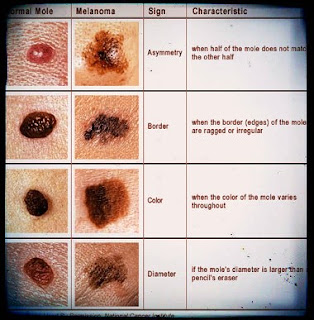
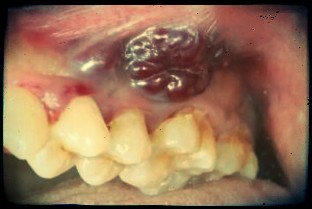
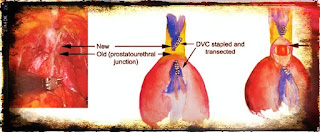
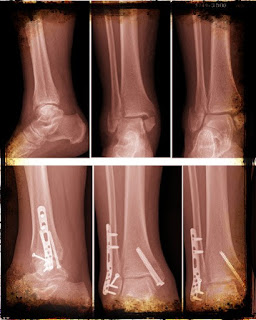
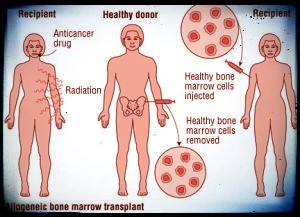
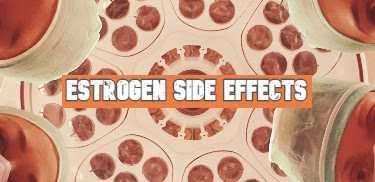
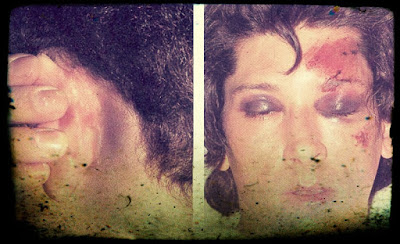
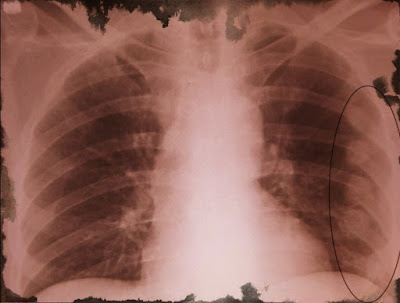
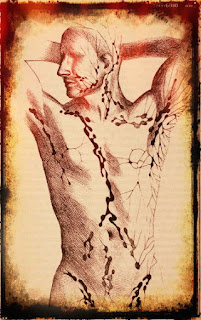

Comments
Post a Comment